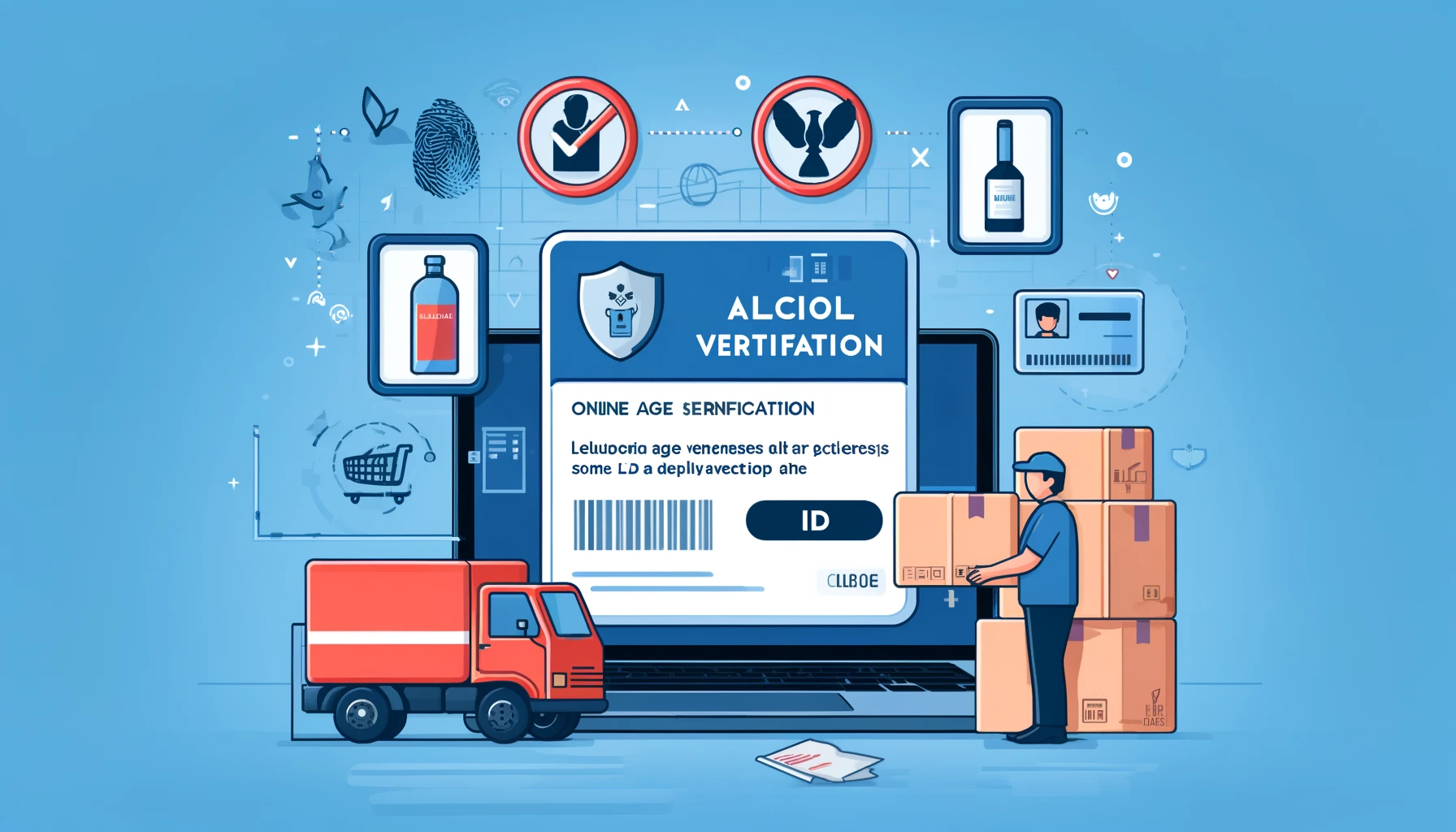
Effective age-gating for online alcohol sales
As researchers at Wrexham Glyndŵr University, we embarked on a project funded by Alcohol Change UK to explore the effectiveness of age-gating processes for online alcohol sales. Our study, conducted between January and April 2020, aimed to understand the ease with which minors can purchase alcohol online and assess the current methods and technologies used to prevent this.
The Challenge
Despite legal prohibitions, minors can still access alcohol through online purchases. Many retailers rely on delivery drivers to check IDs, a practice that is inconsistent and often ineffective. This study was born out of the need to evaluate and propose improvements to the current age verification (AV) systems used by online alcohol retailers.
Methodology
Our approach involved a comprehensive review of existing literature, stakeholder interviews, and a pilot study with university students. The literature review provided a foundation, while interviews with industry experts offered insights into the practical challenges and potential solutions. The pilot study, involving 93 students, revealed firsthand experiences and perceptions regarding the effectiveness of current AV processes.
Key Findings
Ineffectiveness of Current Methods: The most common AV methods—self-confirmation statements, date-of-birth entry, credit card usage, and ID checks on delivery—were found to be largely ineffective. Minors could easily bypass these checks using simple tricks like lying about their age or using prepaid credit cards.
Lack of Robust Online Verification: Many retailers push the AV responsibility to delivery drivers, who often fail to check IDs consistently. This practice is not only legally ambiguous but also demonstrably ineffective.
Emerging Technologies: We explored several emerging technologies, such as federated authentication, facial recognition, artificial intelligence, and blockchain. While promising, these technologies still face significant hurdles in terms of widespread adoption and reliability.
Recommendations
Our study highlighted the urgent need for more robust and clear legal requirements for online AV. We proposed several specific recommendations:
Clarify Legal Requirements: Laws should explicitly mandate robust online age verification at the point of transaction rather than relying on delivery checks.
Enhance Existing Systems: Retailers should individually flag age-restricted items within online shopping baskets and implement more sophisticated AV mechanisms.
Leverage Bank Authorisation: Extending the use of Merchant Category Codes (MCCs) and integrating them with bank authorisation processes could prevent minors from purchasing alcohol by flagging transactions involving age-restricted goods.
Monitor Emerging Technologies: Continuous monitoring and adaptation of new technologies are essential to stay ahead in the fight against underage alcohol purchases.
Conclusion
Our research underscores the need for immediate and significant changes to the current AV systems for online alcohol sales. By adopting more rigorous and technology-driven approaches, we can better safeguard minors and comply with legal standards. The integration of these recommendations could revolutionise the landscape of online age verification, making it more reliable and effective in preventing underage access to alcohol.
